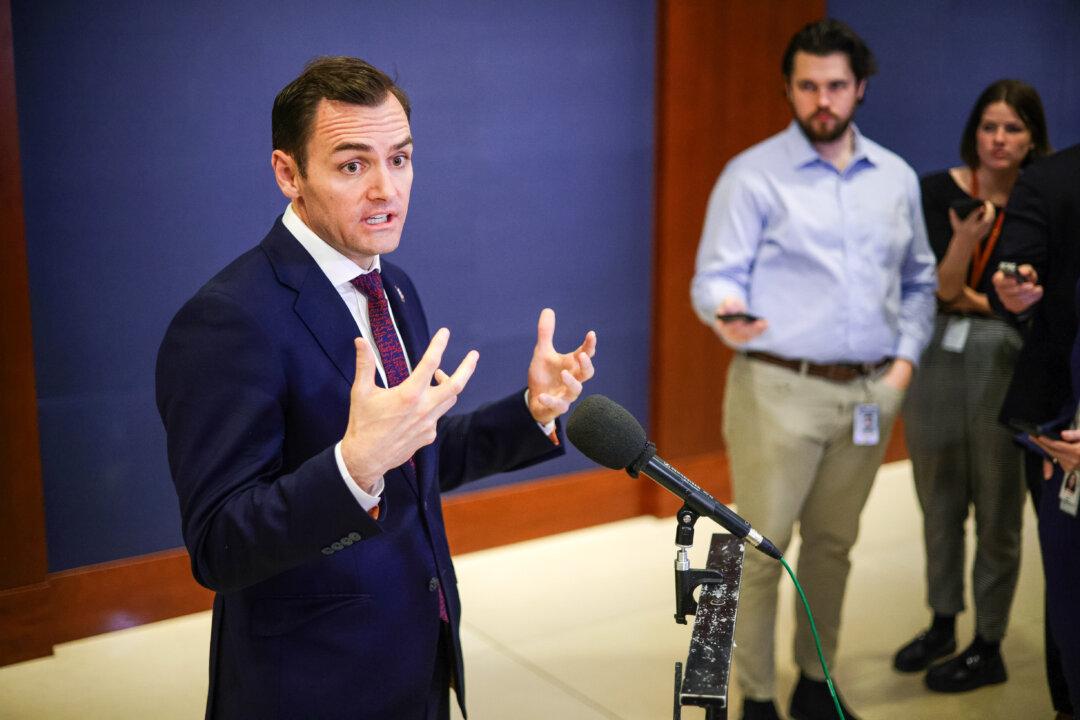House lawmakers took part in a classified briefing on TikTok on Tuesday, a day before a House vote on a bipartisan bill aimed at ensuring Americans that the video-sharing app is free from the influence of the Chinese Communist Party (CCP).
The Justice Department, the FBI, and the Office of the Director of National Intelligence (ODNI) held the briefing. The TikTok bill that House lawmakers are scheduled to vote on Wednesday is the Protecting Americans from Foreign Adversary Controlled Applications Act (H.R. 7521).






